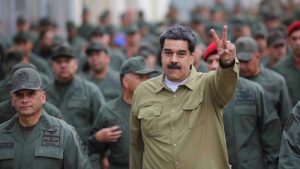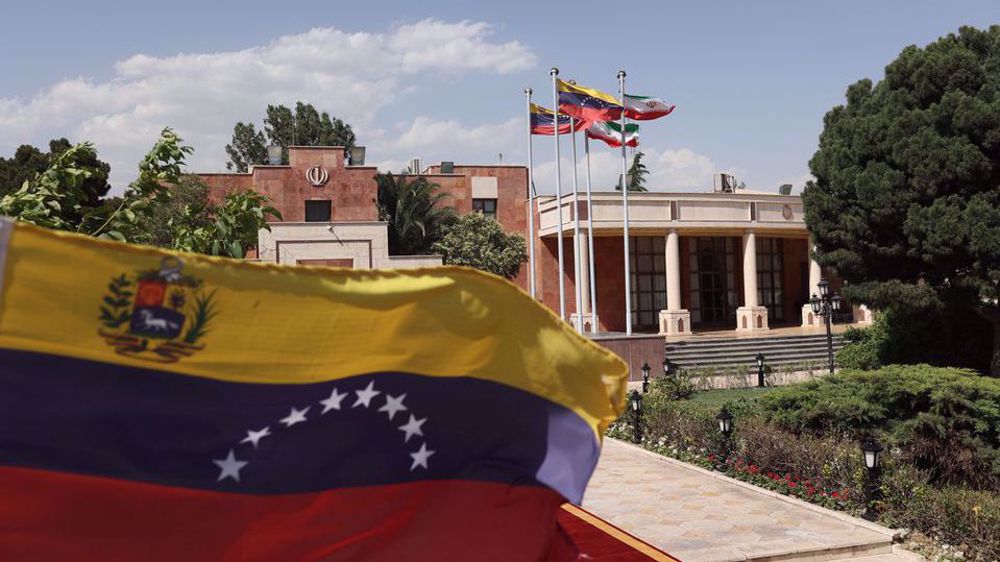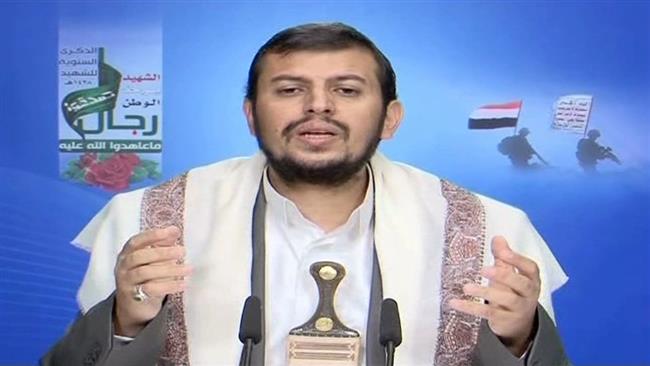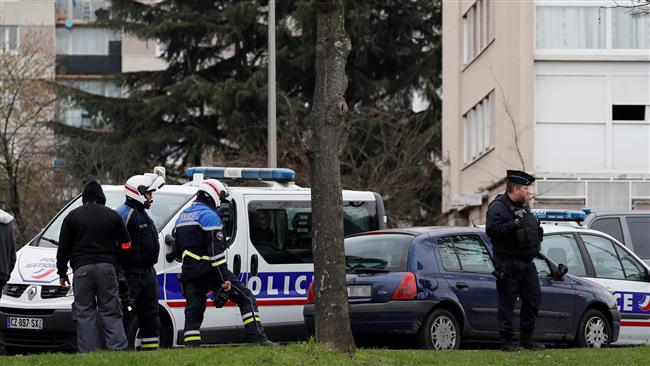Venezuelan govt. meets opposition in bid to unblock US-held funds
Representatives of Venezuelan President Nicolas Maduro's government have expressed hope that they would be able to sign an agreement with the opposition during the negotiations to unblock funds to ease the country's economic hardship.
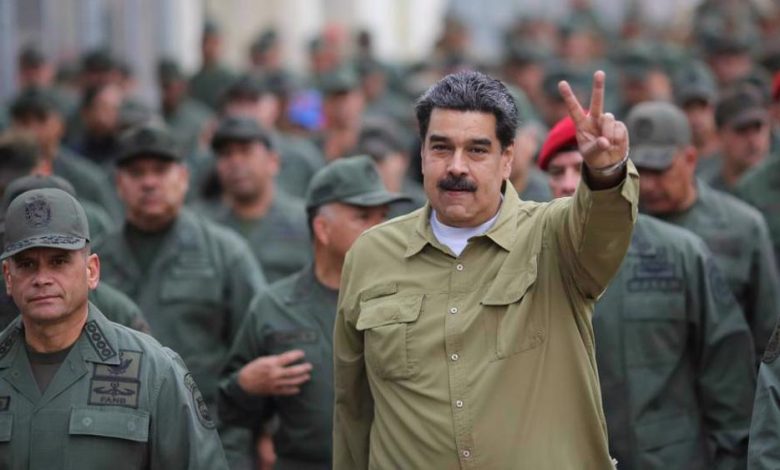
The two sides are set to resume talks on Saturday after a long hiatus to seek a solution to a political crisis that has gripped the country since the controversial 2018 elections.
Government negotiator Jorge Rodriguez told reporters after arriving in Mexico City that one of his main goals is to sign a “broad social agreement” with the opposition.
The government has previously said that the agreement is expected to establish a mechanism to restore access to assets frozen in the international financial system.
Rodriguez said in a statement that the money, if released, would be used to improve public health care and the electricity infrastructure network.
Last year, the two sides held several rounds of negotiations with the mediation of Norway in Mexico, but practically it did not bring a favorable result.
After the 2018 presidential election in Venezuela and Maduro’s victory, the US, along with dozens of allied countries – mostly in Western Europe — recognized the opposition-led interim government and its leader Juan Guaidó and considered the 2018 re-election of President Maduro to be “fraudulent.”
In 2019, a few months after the presidential election in Venezuela, former US President Donald Trump ordered the seizure and freeze of all assets held by the Venezuelan government in the United States – a move aimed at ousting Maduro, the president of the Latin American country from power.
The action was much more than the previous cases such as imposing sanctions on the National Oil Company of Venezuela, sanctions on the economic sector, or dozens of officials of the country.
According to a White House announcement, all assets of the Venezuelan government and their profits are blocked and there will be no possibility of transfer, payment, issuance, withdrawal or any other transaction with them. The Trump administration decision was considered to be an embargo on any kind of trade with Venezuela.
Trump later threatened that he had no fear of isolating Maduro’s government.
But with the ongoing military conflicts in Ukraine and the energy crisis in Europe and the United States, the Biden administration announced in May that due to the increase in energy prices in the world caused by the war, it will ease some of the sanctions on the Venezuelan government.
As Venezuela’s economy begins a rebound, the government seeks to rebuild a crumbling electricity grid plagued by constant blackouts and a lack of maintenance in the face of US sanctions.
Gas- and diesel-burning generation facilities that serve the capital Caracas as well as those that supply electricity to infrastructure used by the oil industry are central to President Maduro’s bid to put his country’s economic ship on an even keel after years of turbulence.
The repairs will help Venezuela overcome regular blackouts and years of rationing, and improve power supply in oil-producing areas hit by outages.
